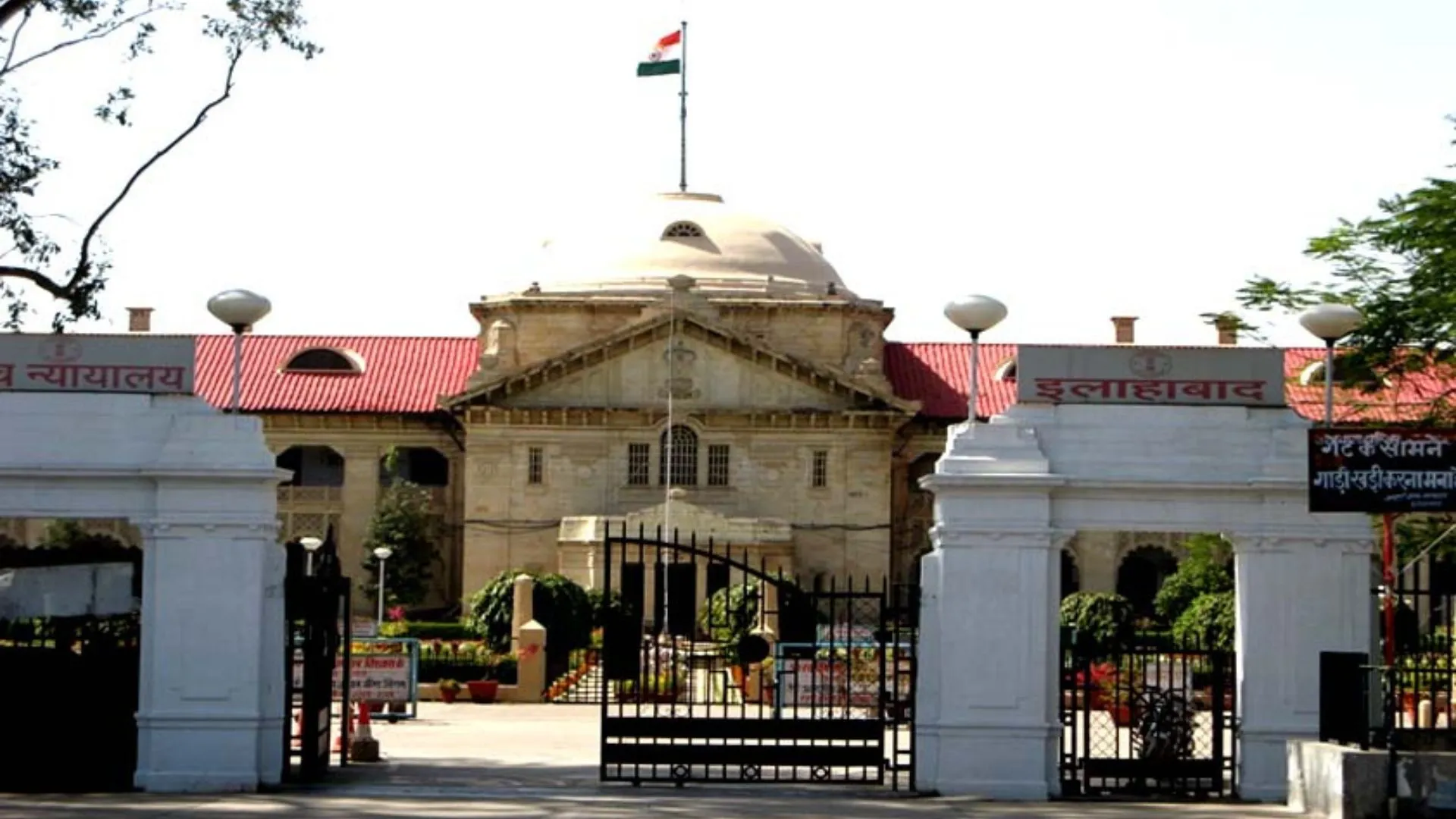The Comptroller and Auditor General (CAG) has uncovered major lapses in Delhi’s Excise Supply Chain Information Management System (ESCIMS), designed to track liquor movement from distilleries to retail outlets. Operational since 2013, the system has failed to prevent stock tampering and illegal liquor sales, raising concerns over revenue loss and black-market activities.
Liquor Tracking System Fails to Prevent Manipulation
The CAG report points to fundamental loopholes in ESCIMS, which must allow for smooth tracing of liquor sales. However, findings indicate rampant manipulation and weak enforcement. The key issues are:
- 28% of liquor bottles sold without barcode scanning: This renders impossible the tracing of origin of nearly 28% of stock, which raises the chances of illegal sales.
- Manual stock reconciliation compromises system integrity: Retail liquor vends bypassed electronic tracking, using manual procedures that were error-prone and manipulable.
- Fake barcodes detected: These counterfeit labels pose a risk for duty-paid liquor entering the supply chain and creating the potential for smuggling and tax avoidance.
Smuggling and Revenue Loss a Growing Concern
The non-execution of real-time tracking of liquor puts the Delhi government at risk of heavy revenue loss. Experts say that the absence of monitoring can lead to smuggling operations running at a huge scale, causing the state exchequer to lose hundreds of crores.
With continued interrogation by the Enforcement Directorate (ED) and the Central Bureau of Investigation (CBI), the Excise Department is facing increased pressure to close gaps, enforce stricter compliance, and stop more revenue loss.
Expected Policy Reforms During Investigations
Delhi’s excise system has several mismanagement problems, which are exacerbated by the tracking failures that were discovered. Procedural lapses, threats of monopolization, and licensing violations are already in focus.
Coming months will decide the fate to assign responsibility and facilitate policy interventions to ensure an open and more efficient excise system as the central agencies augment their probe.






















